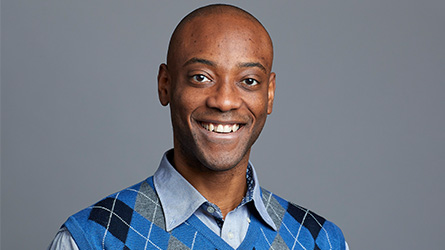Central London Humanists (CLH) are pleased to welcome Dr John Adenitire as he explains how liberal assumptions in our current legal definitions of religion portray religion as a belief system which deals with existential matters and how, once we move to places where those assumptions are not held, we see that definitions of religion also change.
US, Canadian, and UK judges define religion for legal purposes primarily as a belief-system which deals with existential concerns. Dr. Adenitire shows why these judges have adopted this view. He argues that their definitions of religion reflect the assumptions of a liberal political order. The definitions affirm those jurisdictions’ commitment to a polity which is justifiable to the individual, rather than to a deity. And they affirm the commitment to a polity where ideological pluralism is promoted given that the state is barred from enforcing a particular theological view.
This liberal character of religion is contingent both in terms of time and space. He shows this contingency by referring to three different conceptions of religion across time and space. He first analyses Thomas Aquinas’s understanding of religion as virtue and shows that this conception was animated by his theological politics; a form of politics that enforces worship of a particular deity.
He then moves on to analyse a conception which he labels religion as conscience held by Roger Williams, the founder of Rhode Island and an early advocate of a constitutional right to religious freedom. This conception was born out of opposition to theological politics and out of a commitment to the ideology of liberalism.
Finally, he looks to the contemporary understanding of religion as fixed identity in certain Islamic states, with particular reference to Iran’s and Egypt’s theocratic constitutional traditions. Contemporary definitions of religion in the US, Canada, and UK owe much to religion as conscience, in particular, they continue and extend a commitment to liberal principles.
Dr John Adenitire is a Strategic Lecturer in the School of Law and a Fellow of the Institute of Humanities and Social Sciences. Prior to joining Queen Mary, he was a Lecturer in Law at the University of Birmingham. He completed his PhD at the University of Cambridge, Faculty of Law and Fitzwilliam College. He is the author of A General Right to Conscientious Exemption: Beyond Religious Privilege (Cambridge University Press 2020).
